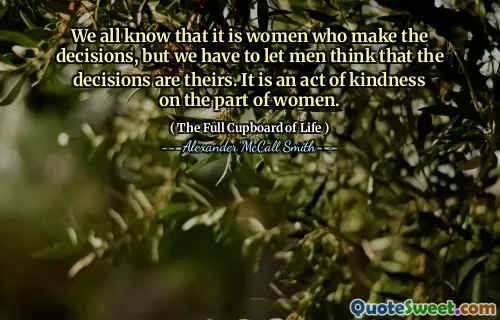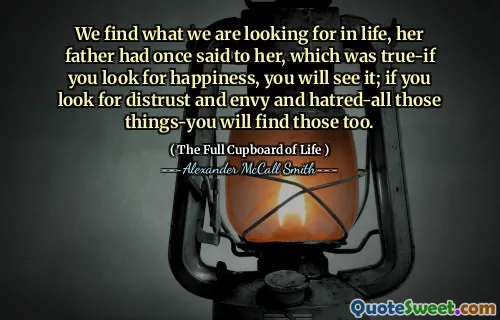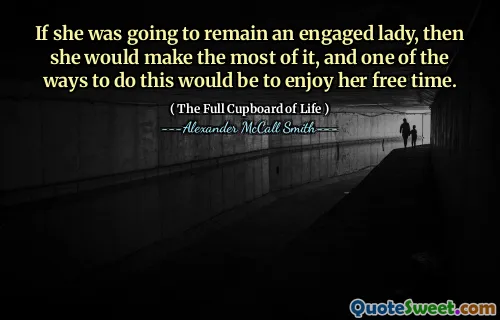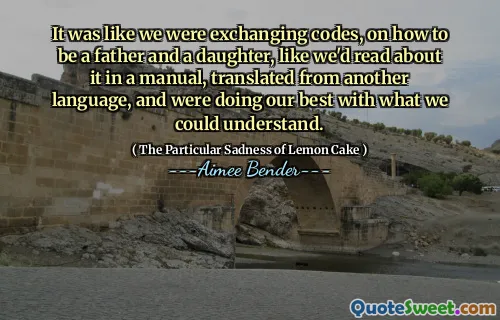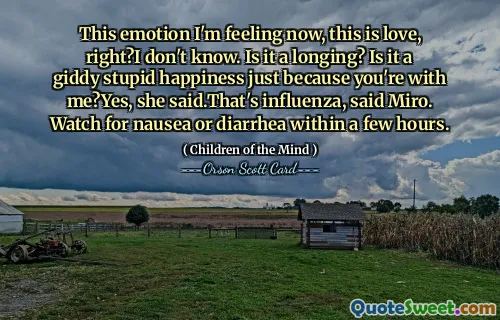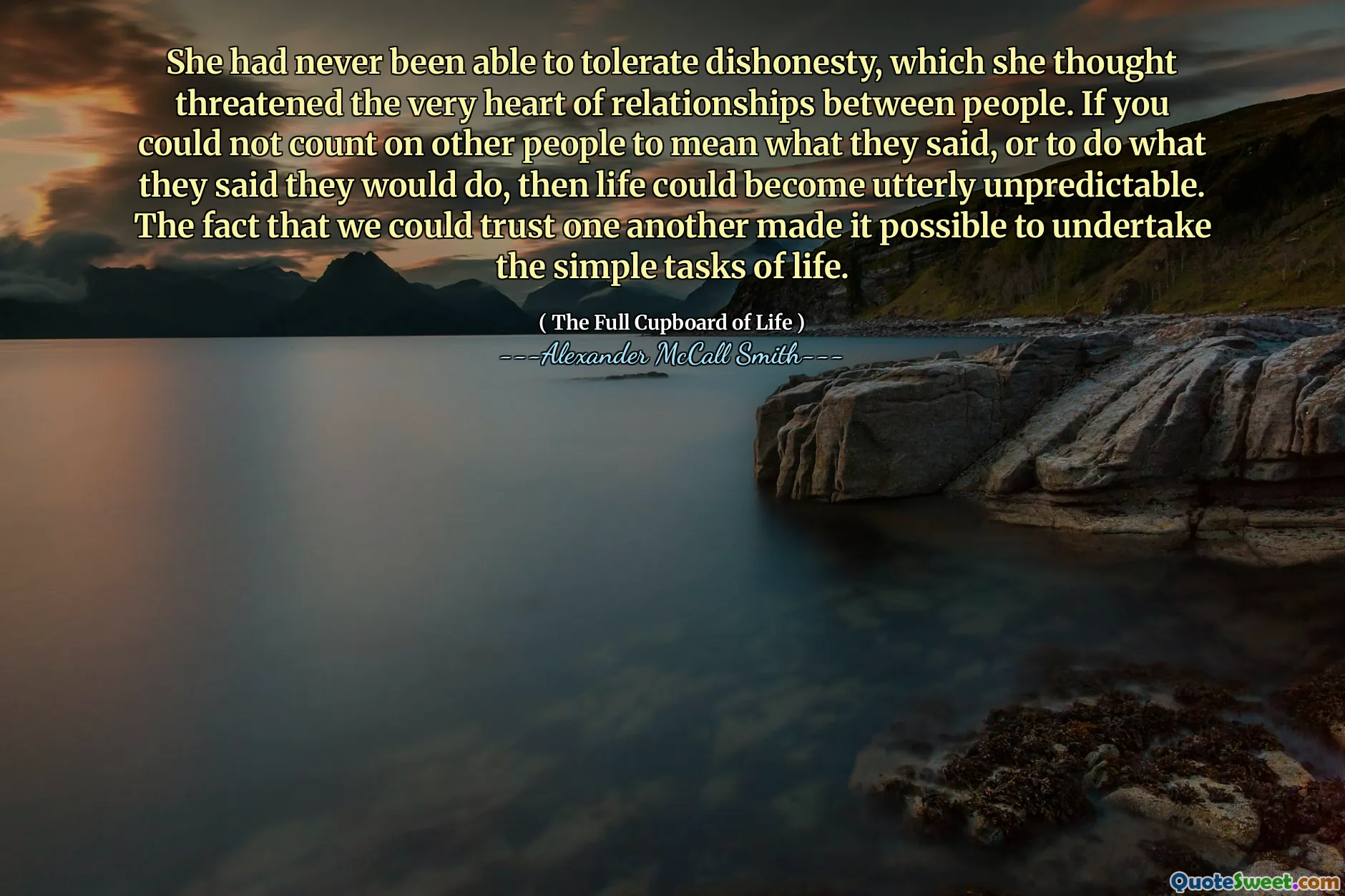
She had never been able to tolerate dishonesty, which she thought threatened the very heart of relationships between people. If you could not count on other people to mean what they said, or to do what they said they would do, then life could become utterly unpredictable. The fact that we could trust one another made it possible to undertake the simple tasks of life.
In "The Full Cupboard of Life," the author Alexander McCall Smith explores the critical importance of honesty in human relationships. The protagonist believes that dishonesty undermines the foundation of trust, which is essential for meaningful connections between individuals. Without the assurance that others will keep their word, life becomes chaotic and unpredictable, creating challenges even in the simplest day-to-day activities.
This perspective highlights that trust is not merely a social nicety but a fundamental requirement for societal functioning. The ability to rely on one another allows people to navigate their lives with greater certainty, fostering cooperation and stability in their interactions. Without this trust, relationships would falter, affecting overall well-being and harmony in communities.
